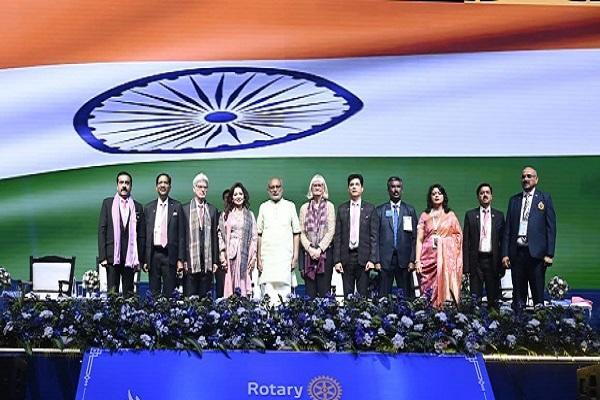
AI, Creators & Tier-2 Cities Power India’s Startup Growth
India’s startup ecosystem is witnessing unprecedented growth, driven by the adoption of artificial intelligence (AI), omnichannel models, expansion to Tier-2 and Tier-3 cities, and creator-driven branding. A recent report by Meta-A&M highlights the trends shaping the startup landscape in India, revealing that 70% of startups use AI, 67% adopt omnichannel strategies, and 95% target smaller cities. Additionally, 88% of startups partner with influencers early in their growth journey. These trends are revolutionizing how startups scale, connect with users, and build future-ready brands across India.
The Rise of AI-Powered Startups
The adoption of AI is transforming the Indian startup landscape, with 70% of startups leveraging the technology to improve operational efficiency, enhance customer experiences, and drive innovation. AI-powered startups are using machine learning algorithms to analyze customer behavior, predict demand, and optimize supply chains. For instance, AI-driven logistics companies are using predictive analytics to optimize delivery routes, reducing costs and increasing delivery speed.
The use of AI is also enabling startups to personalize customer experiences, increasing customer engagement and loyalty. For example, e-commerce platforms are using AI-powered chatbots to offer tailored product recommendations, improving the overall shopping experience. As AI adoption continues to grow, we can expect to see more startups leveraging the technology to drive business growth and innovation.
Omnichannel Strategies
Another trend shaping the Indian startup landscape is the adoption of omnichannel strategies. Omnichannel models involve integrating multiple sales channels, including online and offline platforms, to provide a seamless customer experience. 67% of Indian startups are adopting omnichannel strategies, recognizing the importance of providing consistent experiences across different touchpoints.
Omnichannel strategies are enabling startups to increase customer engagement, drive sales, and gain a competitive edge. For example, e-commerce platforms are using social media and influencer marketing to drive traffic to their websites, while also leveraging offline channels such as retail stores and events to engage with customers.
Expansion to Tier-2 and Tier-3 Cities
India’s startup ecosystem is no longer limited to Tier-1 cities, with 95% of startups targeting smaller cities and towns. The expansion to Tier-2 and Tier-3 cities is driven by the growing demand for digital services, increasing internet penetration, and the need for startups to scale and reach a wider audience.
Startups are leveraging social media, influencer marketing, and local outreach programs to connect with customers in smaller cities. For example, e-commerce platforms are partnering with local influencers and bloggers to promote products and services, while also offering localized content and customer support.
The Rise of the Creator Economy
The creator economy is another trend shaping the Indian startup landscape, with 88% of startups partnering with influencers early in their growth journey. The creator economy involves partnering with influencers, content creators, and thought leaders to promote products and services, build brand awareness, and drive engagement.
Startups are leveraging the creator economy to reach new audiences, increase brand visibility, and drive conversions. For example, beauty and fashion startups are partnering with popular beauty influencers to promote products and services, while also leveraging user-generated content to build brand trust.
Conclusion
India’s startup ecosystem is evolving fast, driven by the adoption of AI, omnichannel models, expansion to Tier-2 and Tier-3 cities, and the creator economy. These trends are reshaping how startups scale, connect with users, and build future-ready brands across India.
As the Indian startup ecosystem continues to grow, we can expect to see more startups leveraging these trends to drive business growth and innovation. By adopting AI, omnichannel strategies, expanding to smaller cities, and partnering with creators, Indian startups are well-positioned to succeed in a rapidly changing market.
Source:






